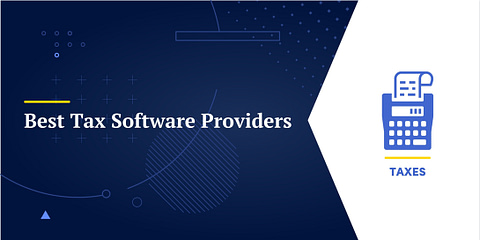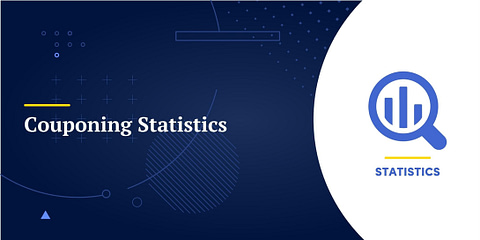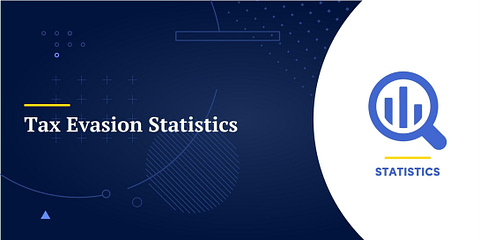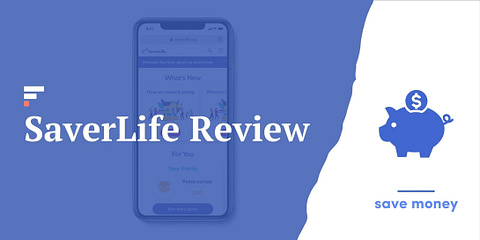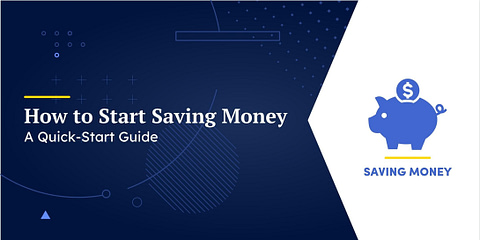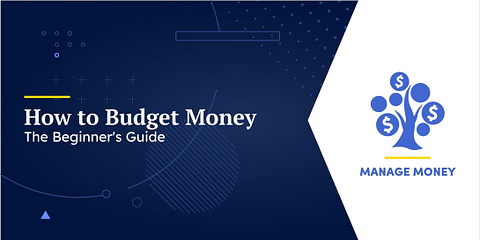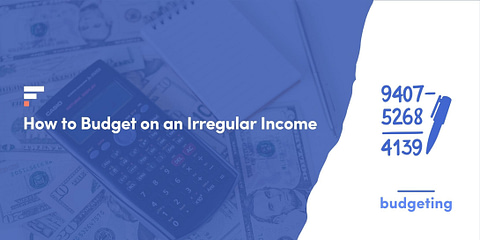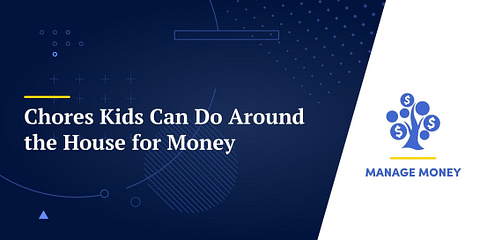Deciding whether to buy or rent in retirement is both a financial decision and a lifestyle desire. The lifestyle issue is strictly personal. Do you want to own a home? How long do you intend to stay in a home? Is the maintenance and upkeep of a home something you look forward to tinkering with or do you view it as a chore? Do you plan to travel extensively in retirement and therefore don’t need a large personal residence (or any at all)?
Answers to questions like these are the subjective preferences of a potential buyer. They don’t necessarily have a blanket “right or wrong” answer from which to create specific guidance applicable to everyone.
The financial decision can, however, be viewed more objectively. Housing costs are like any other costs, especially for one considering retiring early. The core principle of financial independence is the accumulation and deployment of resources, typically an investment portfolio, to meet the life needs of the retiree. For many expenses, the only real choice is to invest in cash flow to pay the expense. Food, for example, has to be bought regularly and there is no way to make a one-time purchase to remove the need.
Housing, however, is different. One may choose to rent, thus creating a monthly outflow that will need to be covered by other assets until death. Conversely, a retiree (whether at an early or traditional age) may elect to dedicate a portion of their wealth to the purchasing of a house. This purchase will lower the potential income from an investment portfolio, but it will also reduce their monthly housing cost outflow, thus requiring less portfolio income. How does one choose?
Choosing to Buy or Rent In Retirement
In my opinion, it’s a math question. Compare these two numbers:
- The amount of money that would have to be set aside to generate income to pay the rent for the location in which you choose to live. If you’re an adoptee of the 4% rule, simply multiply the annual rent times 25 to determine the amount of your investments set aside and dedicated to housing costs.
- The amount of money needed to purchase a home in the same location.
Of course, owning a home costs more than simply the cost of the house. Taxes, insurance, maintenance, repairs and large replacements (ex. the roof) also must be accounted for.
Use the same formula as for #1 for these costs. Calculate the estimated annual ownership costs and multiply by 25. This amount, plus the purchase price, is the amount of your wealth that will be tied to your housing expense.
Which number is lower? Some areas have high rental rates relative to the cost of property, while other areas of the country offer high property costs but reasonable rents.
For example, the Atlanta area may allow landlords to price monthly rent at 1.5% to 2% of the home’s purchase price, making owning a home a better option. In my area of central Virginia, rents may be half of those percentages, making renting more affordable than buying.
My Recommendation
My recommendation is to first answer the lifestyle question. Often this will eliminate either renting or buying, not necessarily for the math, but simply because of personal choice. If your lifestyle preference could include either renting or buying, then consider the second question. In most instances, the math will point you in the right direction.



